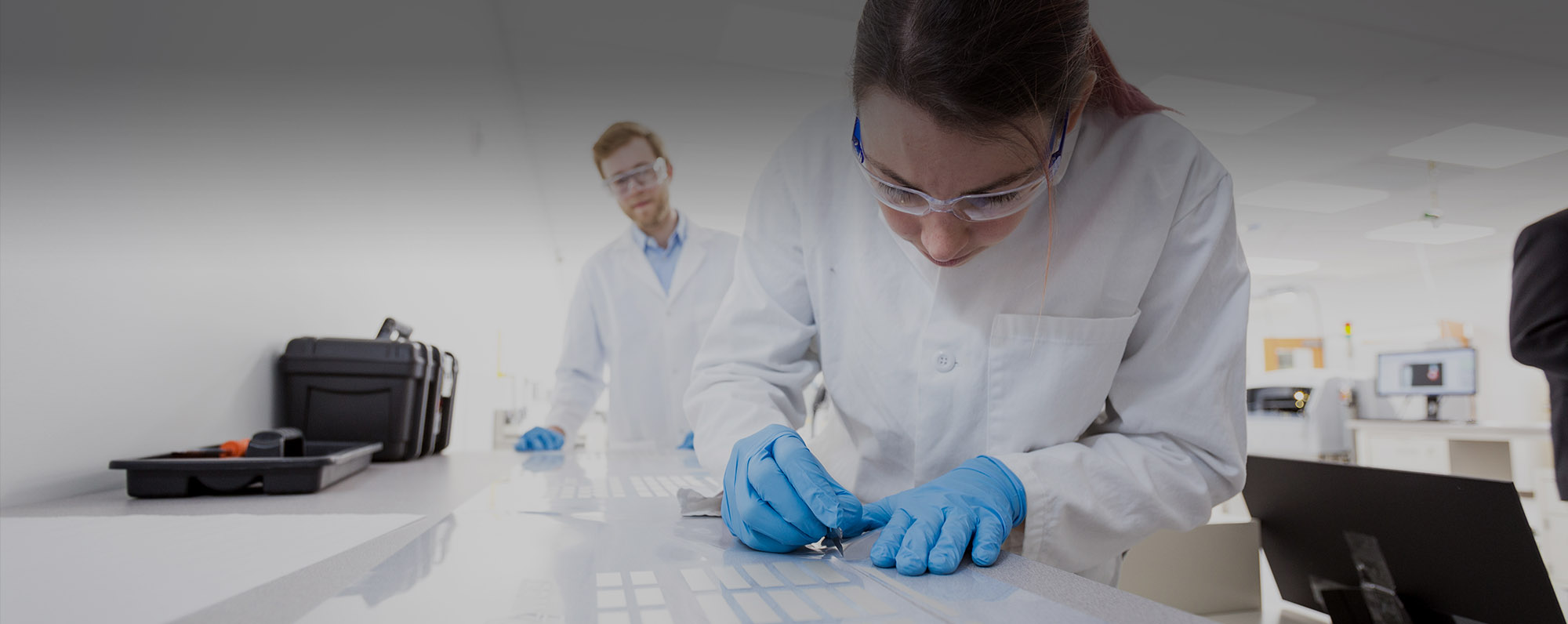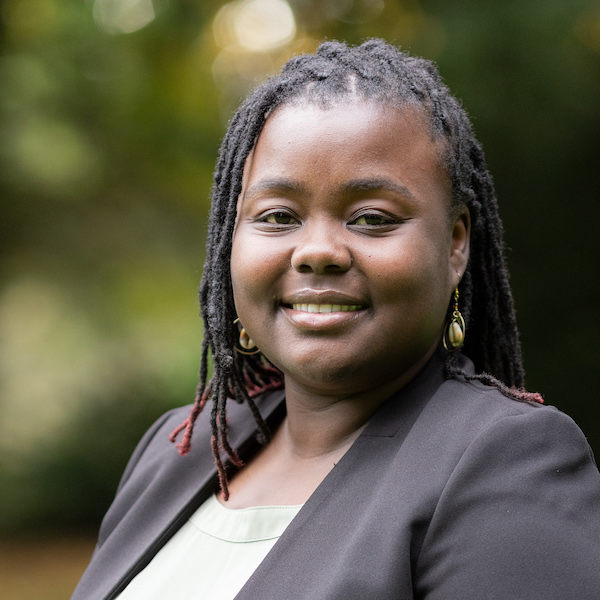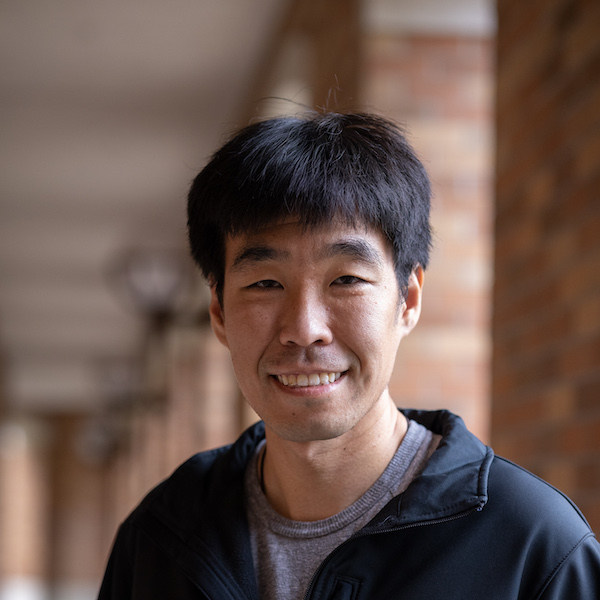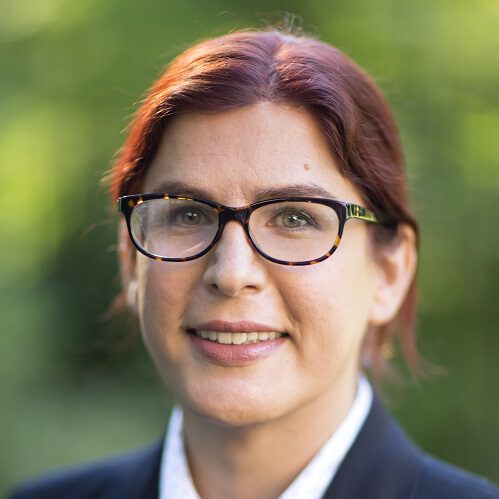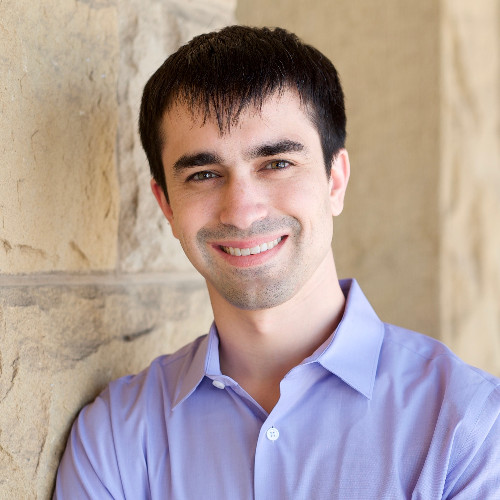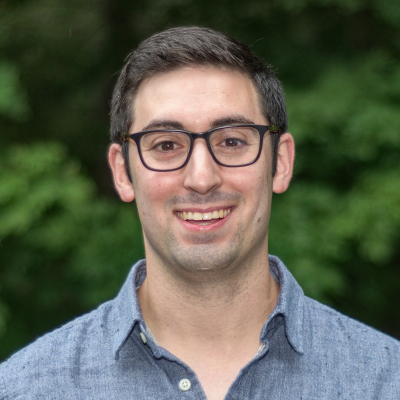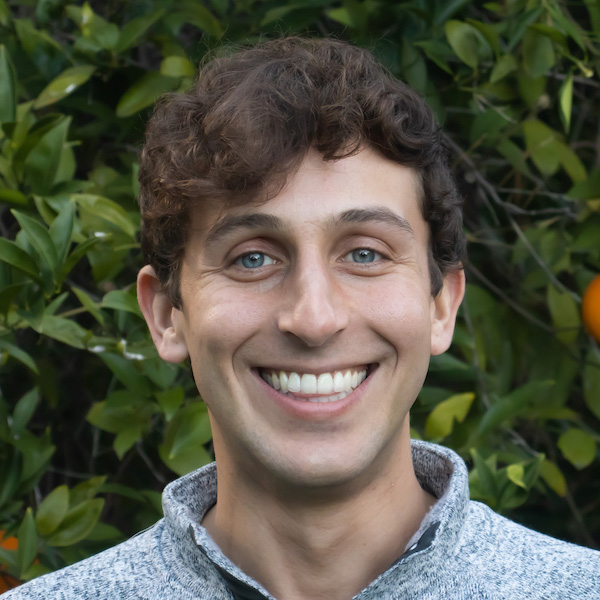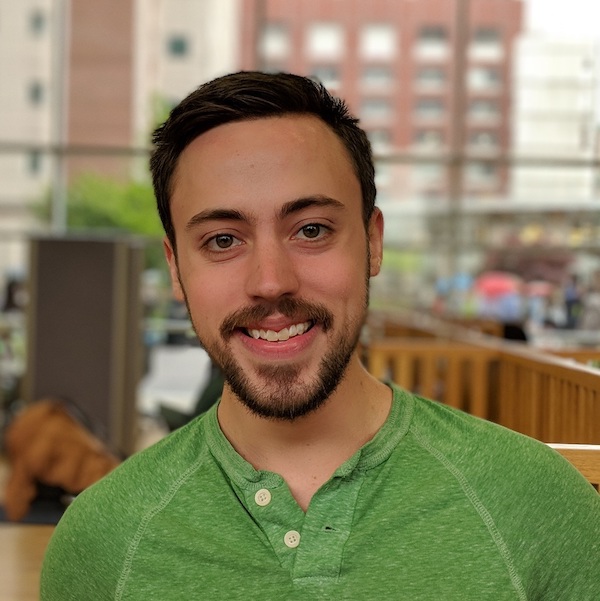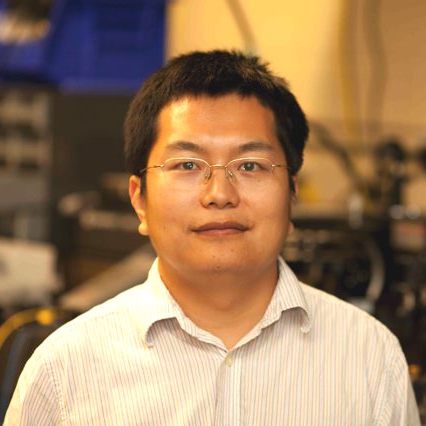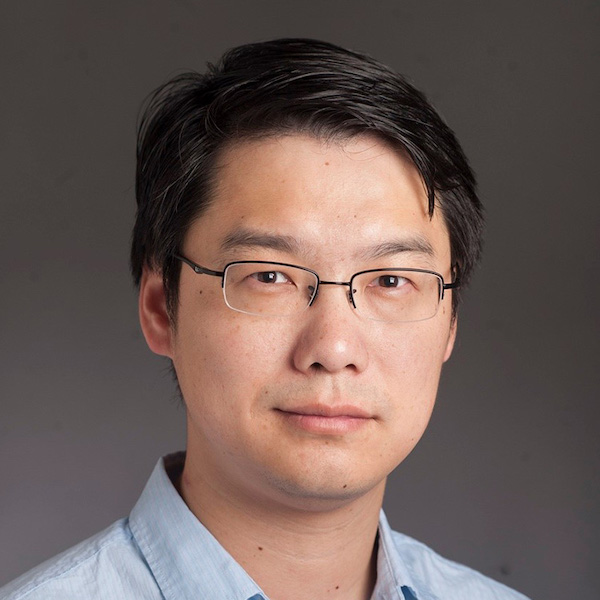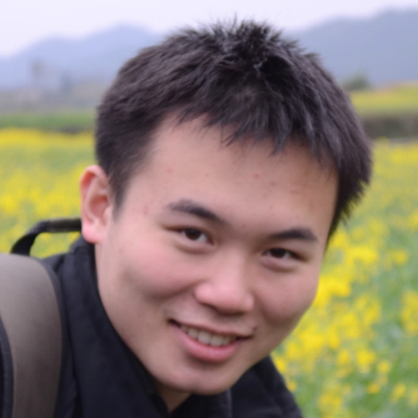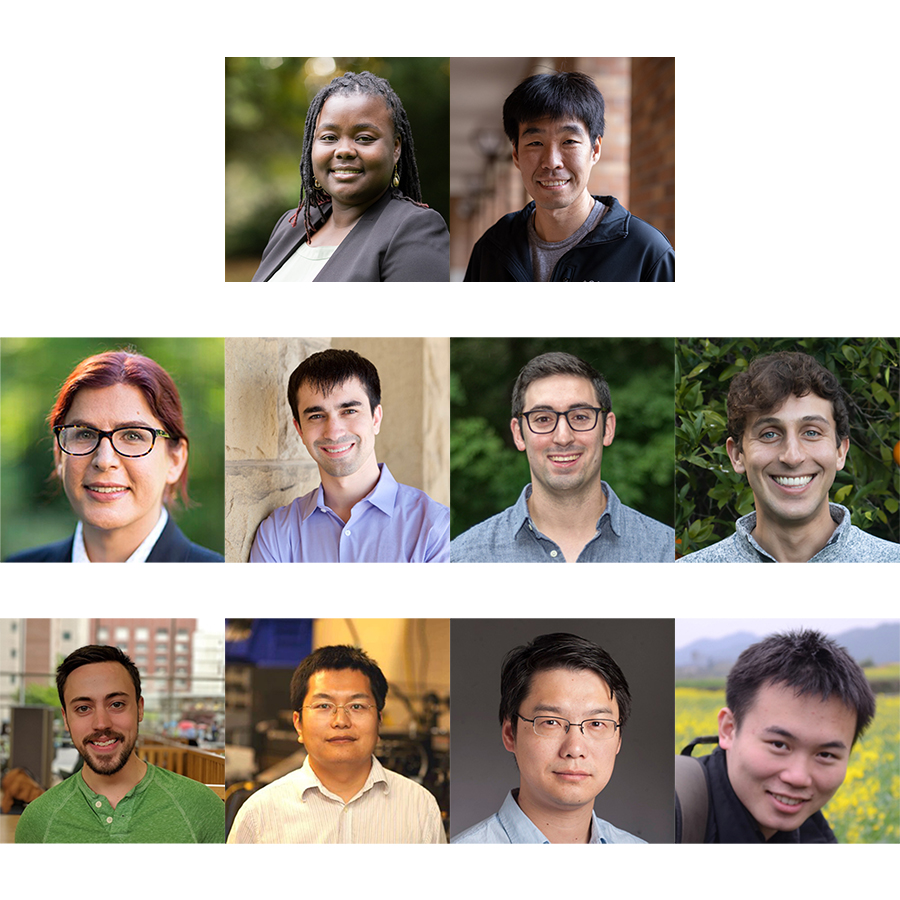
UW faculty teams will research equity in power grid management, recycling energy minerals and devices, and two-dimensional materials for energy efficient quantum computing
January 25, 2024
The University of Washington’s Clean Energy Institute has awarded Collaborative Seed Grants to three teams of UW faculty to enable their pursuit of center-scale funding for transformative clean energy research. Collaborative Seed Grants provide UW scholars with up to $200,000 to explore novel, high-risk/high-reward research topics while seeding new collaborations in research and education that significantly increase the prospects for future extramural support.
“I’m delighted that CEI can help seed exciting new efforts across campus,” said CEI chief scientist David Ginger, the B. Seymour Rabinovitch Endowed Chair in Chemistry at the UW with a joint appointment at the Pacific Northwest National Laboratory (PNNL). “Early-stage CEI support can help teams test new ideas, obtain proof-of-concept, and establish new collaborations. This support is often hard to find in today’s funding environment, and can go a long way towards helping UW scientists and engineers tackle grand challenges. The diversity of projects underscores the broad, interdisciplinary nature of CEI’s mission: equitable smart grids, sustainable mining and manufacturing of materials needed for the energy transition, and next-generation computing go hand in hand with CEI’s outstanding work in solar and batteries. I’m proud that several early-career UW faculty are involved and that CEI continues to contribute to the UW’s fruitful, longstanding partnership with PNNL.”
Climate and Equity Considerations for Community-Based Demand Response Strategies in the Pacific Northwest
June Lukuyu (PI)
Assistant Professor of Electrical & Computer Engineering
Baosen Zhang (co-PI)
Keith and Nancy Rattie Endowed Career Development Professor of Electrical & Computer Engineering
The frequency, severity, and duration of extreme heat waves in the US have doubled in the last 50 years, with the summer of 2021 serving as a pertinent example for the Pacific Northwest. Demand for air conditioning rises much faster than power grid infrastructure can be updated, so grid operators try to shape customers’ consumption using algorithmic and market mechanisms that together are known as demand response (DR) programs. Co-PIs June Lukuyu and Baosen Zhang will study two important questions in designing DR programs to manage AC loads: the first is quantifying the amount of air conditioners that are actually available to control; and the second is balancing system-level objectives with equity and fairness concerns. They will conduct a study using five years of authentic data from Clark County Power & Utility District and longitudinal survey data from the American Housing Survey, using the 2021 heat wave as a “natural experiment” in climate-impacted demand for air conditioning.
Optimization of RDA Dynamic Separations for Recycling of Critical Clean Energy Materials
Lilo D. Pozzo (co-PI)
Professor of Chemical Engineering
Boeing-Roundhill Endowed Professor for Excellence in Engineering
David S. Bergsman
Assistant Professor of Chemical Engineering
Matt Golder
Assistant Professor of Chemistry
Zachary Sherman
Assistant Professor of Chemical Engineering
PNNL
Dr. Elias Nakouzi (co-PI), Dr. Chris Mundy, Dr. Jaehun Chun, Dr. Jim deYoreo, Dr. Chinmayee Subban
End-of-life processing and recycling of materials and components is critical to mitigating environmental contamination as well as U.S. dependence on foreign sources of materials for energy infrastructure. This joint UW-PNNL project, led by Professor Lilo D. Pozzo and Dr. Elias Nakouzi, will focus on developing a particular separation process for clean energy components: reaction-diffusion-advection (RDA). The team will collaborate across disciplines in analyzing materials and transport phenomena, modeling crystallization and growth at multiple scales, developing membranes, and scaling up technologies. The effort will be augmented with existing PNNL funding on autonomous experimentation for materials discovery. The long-term goal is to integrate more dynamic separation processes to broaden the sustainable recovery of critical materials. Focus areas include mineral recovery from wastewater, mineral extraction from water byproducts of fossil fuel extraction, lithium mining from geothermal brines, and AI/robotics-accelerated development of sustainable manufacturing practices.
Developing Parafermion Qubits for Topological Quantum Computation
Matthew Yankowitz (PI)
Assistant Professor of Physics and Materials Science & Engineering
Washington Research Foundation Innovation Assistant Professor of Clean Energy
Xiaodong Xu (co-PI)
Boeing Professor of Physics
Professor of Materials Science & Engineering
Di Xiao (co-PI)
Robert J. Campbell Chair of Materials Science & Engineering
Professor of Physics
Ting Cao (co-PI)
Assistant Professor of Materials Science & Engineering
Quantum computers have the potential to play a key role in achieving a clean energy future. For example, quantum computing could fast-track the development of new materials and processes for ultra-efficient energy production and storage. However, building a useful quantum computer is extremely difficult — it is not even currently clear which materials are best for creating quantum bits (qubits). To address this grand challenge, project co-PIs Matthew Yankowitz, Xiaodong Xu, Di Xiao, and Ting Cao propose an entirely new approach towards building topological qubits based upon atomically-thin “van der Waals” materials. Xu, Xiao, and Cao recently discovered rare quantum properties in stacked, slightly misaligned two-dimensional sheets of the semiconductor molybdenum ditelluride. These materials can be coupled with vdW superconductors to create unique particles with fractional electronic charges, known as parafermions, which if harnessed could be the backbone of a device for storing and processing quantum information.
Learn more about UW Clean Energy Institute Collaborative Seed Grants here.



